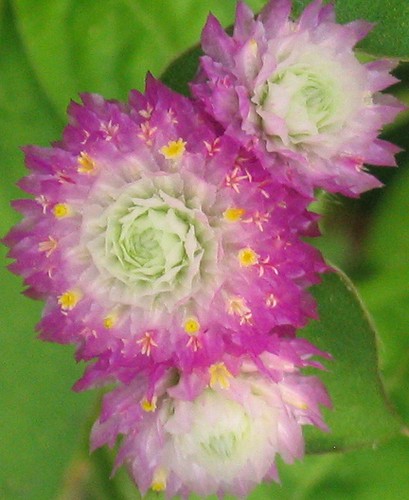 Worldwide, enough trees to cover France three times have been cleared in the past decade, and twice this amount in the past two decades. About 38,054,229 acres are cleared each year.
Worldwide, enough trees to cover France three times have been cleared in the past decade, and twice this amount in the past two decades. About 38,054,229 acres are cleared each year.In West Africa, nearly 90% of the original moist forest has been cut down, and the remaining forest is greatly damaged. The only two forests in West Africa that have not been affected by deforestation are small patches in the Ivory Coast and on the border between Nigeria and Cameroon. In June of this year, it was reported that Africa's rate of deforestation was twice the world rate, meaning that a large percentage of deforestation occurs in Africa. 9,900,000 acres are cleared annually, accounting for less than a quarter of the amount worldwide. This means that a clearing about the size of Switzerland is stamped out of Africa every year. That's a lot of trees!
An interesting contribution to this shocking rate of deforestation is fires. According to an afrol News article, "Increasingly fragmented forests have become much more susceptible to fire than was ever thought possible: tens of millions of hectares of normally fire-resistant forest have been destroyed by catastrophic infernos in the Amazon, Central America, Indonesia, West Africa and Madagascar." In fact, the African continent leads the world in the amount of forest fires. The main reason for this is the use of fire to clear areas for agricultural use or to turn them into grasslands.
It appears that despite some efforts to regulate deforestation rates in Africa, little is improving. For every 28 trees cut down, only 1 is replanted. Africa has been making strides in creating new policies and improving programs for conserving/replacing forests, but little action is being taken to enforce these. Lack of financing and weak national institutions are among the greatest hindrances.
It is no question that forests are significant resources, but there certainly are ways people could decrease the use and waste of trees. For example, 90% of Africa's population relies on firewood for cooking, and in Sub-Saharan Africa, firewood and brush supply 52% of all energy sources.


No comments:
Post a Comment